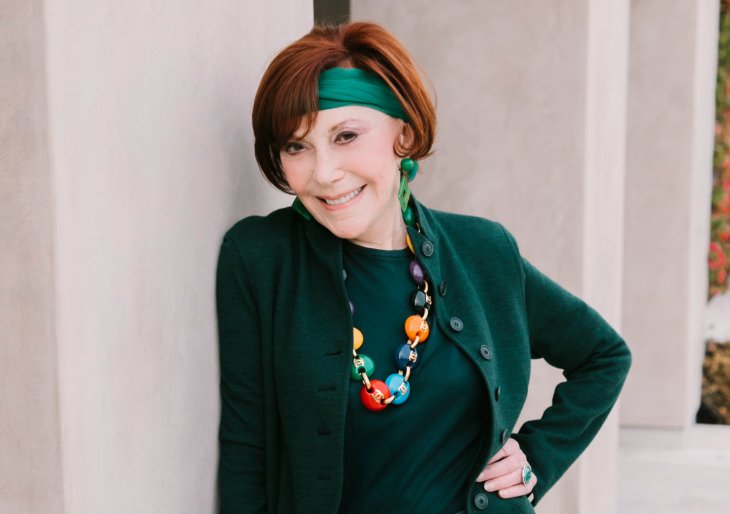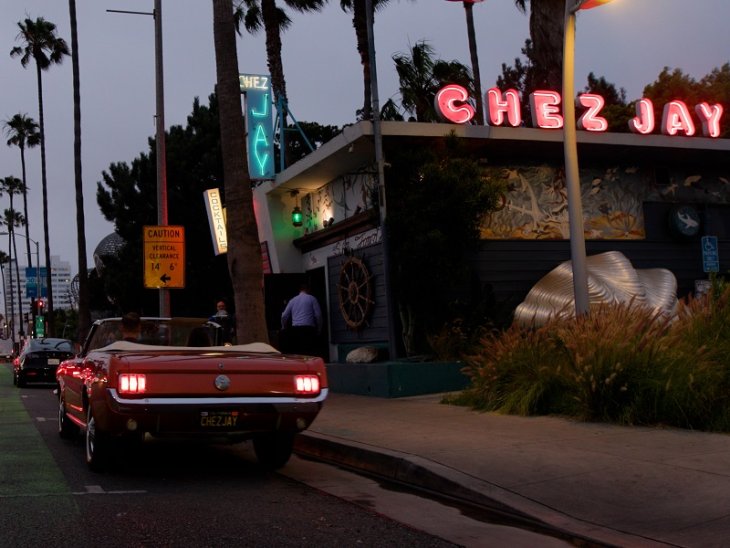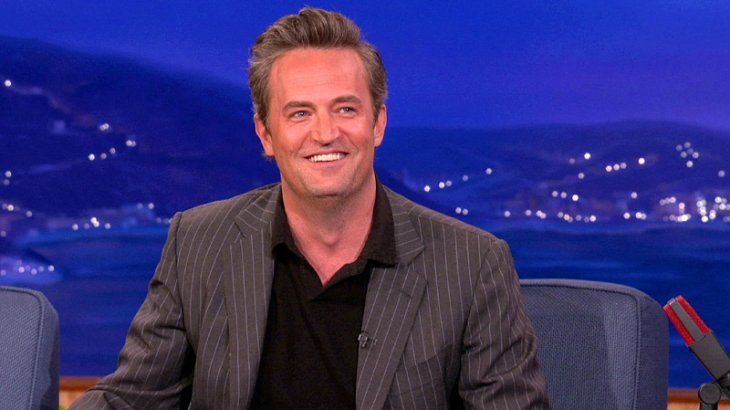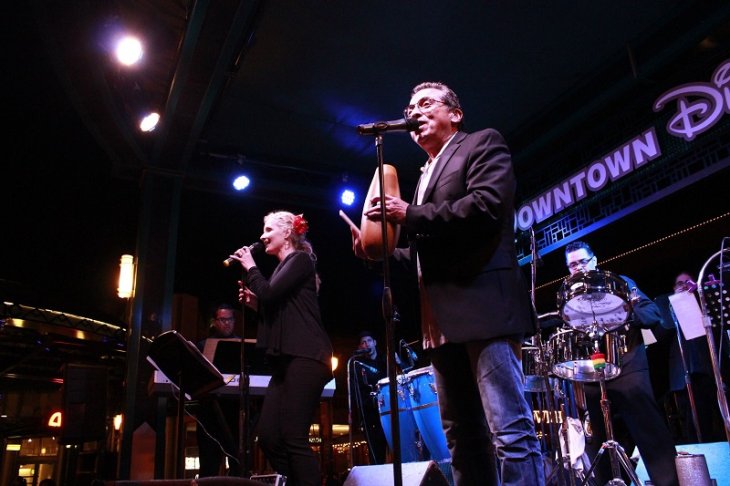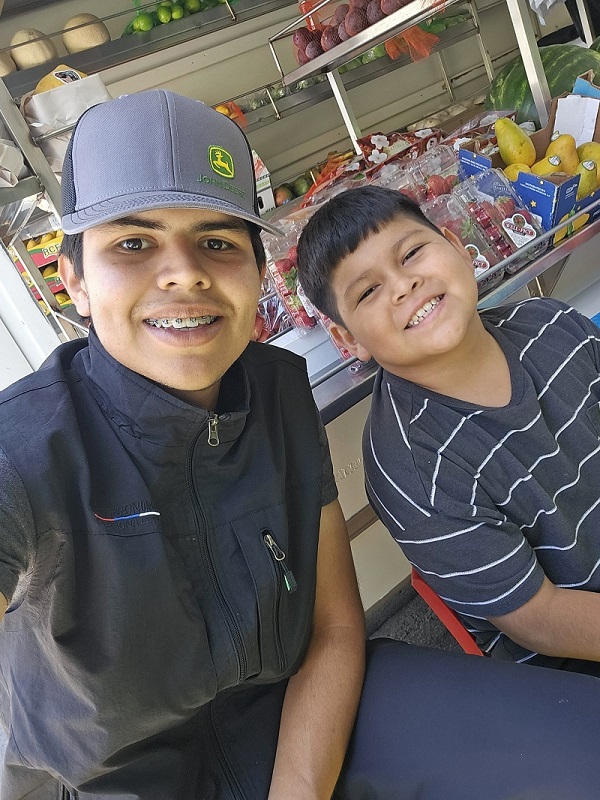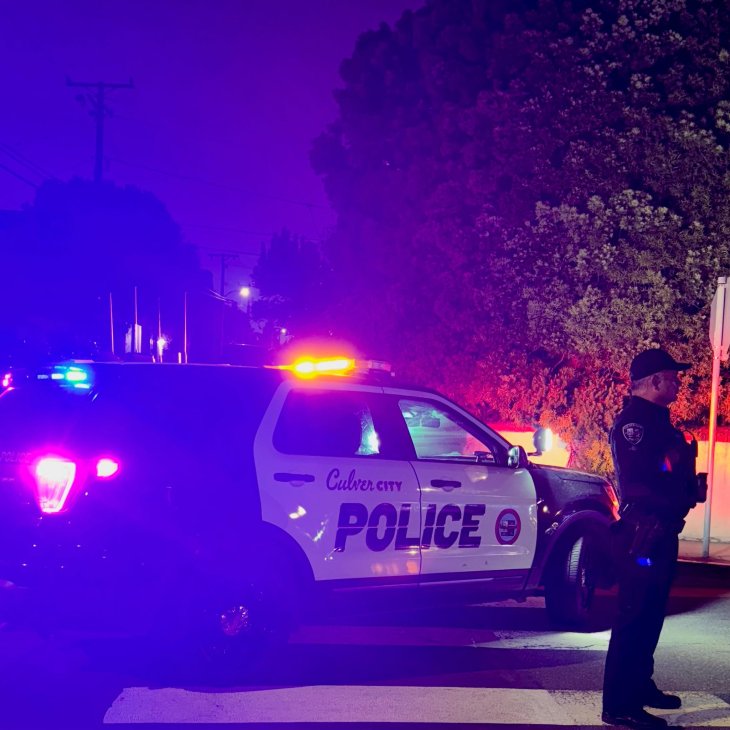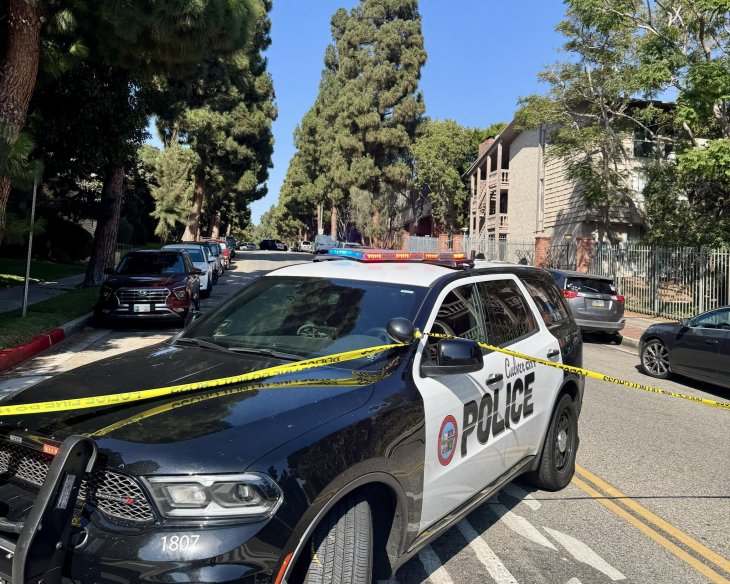
Calling Rep. Henry Waxman a “legend” and a “fierce advocate” of issues important to Angelenos, the City Council declared June 13 “Henry Waxman Day in L.A.” in honor of the long-time congressman, who is retiring after nearly 40 years.
Councilman Paul Koretz called Waxman, D-Beverly Hills, “one of the ruly great figures of modern politics and governance,” saying the lawmaker’s ist of achievements includes a “vast array of landmark legislation.”
Councilman Mike Bonin said due to the legislation “pushed and hepherded” by Waxman, “the air we breathe and the water we drink and the ives we lead are better, directly.”
“There has not been a more fierce advocate for the things that matter o our quality of lives and the things that matter to the neighborhoods of Los ngeles than Henry Waxman,” Bonin said.
Waxman, who attended the City Hall presentation held in his honor, said, “This is a wonderful honor to have this tribute, and I’m alive to hear it.”
The city has always been part of his district, which shifted a few times since he joined Congress in 1975, he said.
He said he has worked with Los Angeles city leaders through the years “to do what we could at the federal level, whether it was to make sure there were funds for transportation, or the health and environmental protections we benefit from in L.A. when we passed the Clean Air Act.”
He said the first hearing he ever held on what “we later learned was AIDS and HIV” was not in Washington, D.C., but at a gay and lesbian service center in Los Angeles.
“L.A. has always meant an enormous amount to me,” he said.
Waxman is “one of the most important and influential progressives in the history of the United States Congress,” according to Bonin.
He credited the legislator with getting important laws passed in the areas of environmental protection, air and water quality, tobacco regulation, women’s reproductive rights and AIDS research and treatment.
Those laws include the Clean Air Act, the Ryan White CARE Act, the Food Quality Protection Act, and the Family Smoking Prevention and Tobacco Control Act passed, he said.
Waxman was also among the first to respond to the plight of people suffering from the AIDS epidemic, Bonin said.
In 1991, “when a generation of my community began to die, men in cities like Los Angeles, San Francisco and New York were appearing with lesions on their skin, going blind or suffering from horrific diseases that the human population had never seen before,” according to Bonin, who is gay. He added that when no one else paid attention, Waxman took notice.
While others were calling for quarantines and other measures, Waxman championed more public education and research, Bonin said.
Councilman Bob Blumenfield, once an aide to Rep. Howard Berman — a close ally of Waxman’s — said the legislator already was a “legend” 20 years ago.
“(Waxman) inspired an entire generation of progressive leaders,” he said. “He pushes for what is right. He doesn’t compromise on his principals. At the same time he doesn’t let the perfect be the enemy of the good.”
“We are going to miss you in the halls of Congress and we welcome you to spend more time in L.A. Thank you, thank you, thank you for all you’ve done,” Blumenfield said.
Waxman told the media after the presentation he plans to “stay in touch with the city officials of L.A.”
“Whatever I can do, Congress is not the only place to do good things. City Council, the state Legislature, but just being an active citizen is important,” he said.
Waxman was born in Boyle Heights, attended Fremont High School in South Central Los Angeles and later moved to the Westside, where he attended UCLA.
He also served six years in theSstate Assembly.
He announced in January he would not be seeking a 21st term in Congress.
Republican Elan Carr, a prosecutor in the District Attorney’s Office, and Sen. Ted Lieu, D-Torrance, will square off in the November general election for the right to succeed Waxman representing the 33rd Congressional District.


